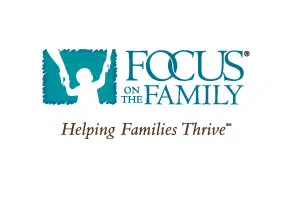By Howard Schneider and Lindsay Dunsmuir
(Reuters) – Federal Reserve policymakers re-upped a pledge to keep interest rates near zero until they are confident the U.S. economy is on track to recovery, a detailed summary of their most recent policy-setting meeting shows.
Members of the Fed’s policysetting panel agreed they “would use the Committee’s tools and act as appropriate to support the economy,” according to minutes of the Federal Open Market Committee’s April 28-29 meeting, released Wednesday with the usual three-week lag. They agreed that their recent actions had been “essential in helping reduce downside risks to the economic outlook.”
But with a number of participants seeing “a substantial likelihood of additional waves of outbreak in the near or medium term,” the minutes suggested central bankers may expect to use their extraordinary powers to shore up the economy for some time to come.
At the meeting, Fed policymakers left interest rates near zero and repeated a vow to do what it takes to shore up the economy, saying the ongoing coronavirus pandemic will not only slow the economy in the near term but poses “considerable risks” for the medium term.
More than 36 million U.S. workers have filed unemployment insurance claims since mid-March when states began putting stay-at-home orders in place to slow the spread of the coronavirus. Economists expect the unemployment rate to approach or surpass the 25% record set during the Great Depression. Forecasters say they expect the U.S. economy to shrink by as much as half this quarter, on an annual basis.
States are now easing restrictions, raising the hope of a gradual return to economic growth in the third and fourth quarters, but also the risk of new infections and more death.
More than 90,000 Americans have died of the highly contagious respiratory illness the virus causes, with daily deaths averaging 1,600 a day this month, according to Reuters data.
To ease financial market strains the Fed has bought trillions of Treasuries and rolled out a number of programs expected to backstop credit markets as well as local governments hurt by the drop in sales tax and other revenue during the pandemic.
(With reporting by Jonnelle Marte; writing by Ann Saphir; Editing by Chizu Nomiyama)




